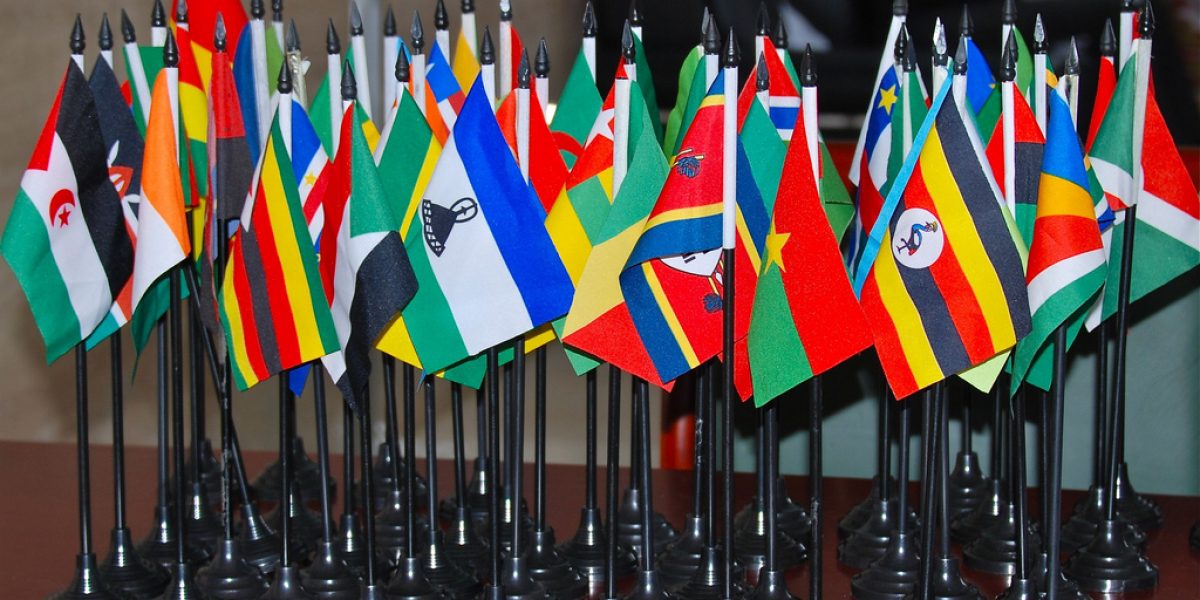Reports emerging from those who attended threw up few surprises and some lingering concerns. Three heads of state and government – Malian President Amadou Toumani Toure, President Armando Guebuza of Mozambique and Lesotho’s Prime Minister, Pakalitha Mosisili – faced their peers as governance in their countries was reviewed and discussed in a five-hour session.
The reviews reflect an acceleration from an early slow pace in implementing the process, and they bring to a dozen the number of countries reviewed at forum level – a considerable achievement for the mechanism which was launched six years ago. These three nations now join a club of those already reviewed, namely Ghana, Rwanda, Kenya, Algeria, South Africa, Benin, Uganda, Nigeria and Burkina Faso.
The latest reviews indicate that a trend of unearthing and expressing critical governance challenges seems to have continued in the compilation of country review reports.
Some key issues that President Guebuza had to confront in Mozambique’s report, for example, were high poverty levels and social inequalities; inadequate functioning of the courts; high HIV/Aids prevalence; soaring maternal mortality; low literacy; heavy donor dependence; worrying organised crime; corruption; electoral malpractices and media difficulties in accessing information.
The Mozambican government apparently disagreed with the APRM Panel’s interpretation on issues such as state land being open to manipulation and corruption in inequitable distribution processes, and on the civil war in that country. Comments from Mozambican officials suggest that there was very little time for the APRM secretariat to finalise the report in the run-up to Libya, and cited the lack of Portuguese-speakers on the country review mission which visited Mozambique earlier this year.
In other developments at the forum, Cape Verde’s President Pedro Verona Rodrigues Pires did not sign on the dotted line as the 30th leader to commit his or her country voluntarily to peer review, although he was expected to do so before the summit ends.
The lifting of Mauritania’s suspension from the AU following marked progress on restoring democracy after the 2008 coup came only after the forum meeting, but presumably means the country’s suspension from the APRM will be similarly rescinded. Attendance by heads of state was similar to that at previous forums, with less than a dozen of the 29 presidents in the room.
Time pressures in completing all three country reviews in five hours meant that some key items had to be shelved.
There has been no information available on discussion on Uganda’s one-year progress report on implementing its APRM programme of action and the critical area of the future of a “Panel of Eminent Persons,” its new members, and a proposal by South Africa on strengthening key processes and procedures in the mechanism. This is regrettable, as the APRM’s key decision-making body meets too infrequently for some key decisions to be made timeously.
As it stands, the mechanism risks forestalling vital reforms and becoming a victim of its own success as peer reviews of more countries clog the agenda. Perhaps this can be remedied at the next extraordinary forum meeting, planned for Addis Ababa in October.
A welcome development this year was the granting of permission for strategic partners – the United Nations Economic Commission for Africa, the African Development Bank and the United Nations Development Programme – to observe the heads of state session of the forum. This will now happen for the first time since former South African President Thabo Mbeki asked them to leave in Addis Ababa in 2007.
By taking this step, the mechanism has proved it can operate independently of one of its major mechanics. However, other partners in the process – notably civil society and the private sector – still do not have access to the inner sanctum.
But perhaps the most significant development around the APRM occurred thousands of miles south of Sirte, in Nairobi.
Kenya was due to receive its second APRM country review mission on July 4. An advance team had already travelled to Nairobi when a letter dated July 1 was sent to the panel’s Dr Graça Machel stating that: “Due to unavoidable circumstances, the government regrets that the mission has had to be postponed to a later date to be communicated.” The implications of this sudden postponement of a hastily-prepared mission are yet to become clear.
Those who follow the APRM process carefully with a view to promoting good governance in Africa must remain vigilant and ensure that it lives up to its own core principles of being “technically competent, credible and free of political manipulation.”








